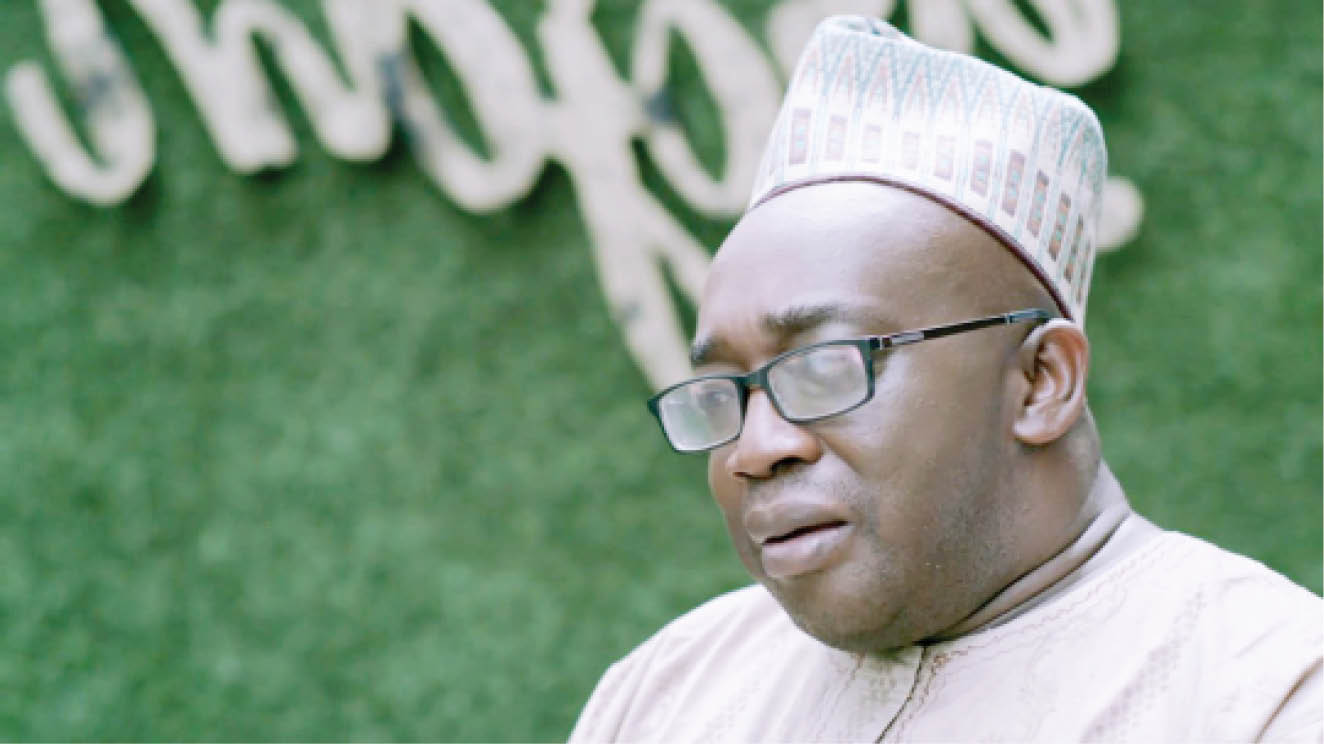On June 6, 2018, President Muhammadu Buhari declared June 12 as the country’s Democracy Day as against May 29. In this interview, Jamiu Abiola, one of the children of the acclaimed winner of the June 12, 1993 presidential election, the late MKO Abiola, said Nigerians should continue to celebrate hope.
How has it been 25 years after the assassination of your mother, Kudirat Abiola and 23 years after your father’s death?
It has not been easy. We have grown up, but that void can never be filled. What makes it more difficult is that the killers have not been brought to book.
- OPC member butchers 20-year-old lady for rituals in Osun
- OAU’s entrepreneur programme ‘ll enhance graduate employment – VC
It is 22 years since the country returned to democratic rule. Do we have anything to celebrate on June 12 – Democracy Day – in view of the various agitations in the country?
We will continue to celebrate hope. What democracy means is that things can get better if we put in the effort. I pray we all understand that someday. Democracy needs adequate input from those who govern and the governed in order to be prosperous.
How do you feel that the killers of your mother have not been brought to book?
It is frustrating. It shows that there is a big problem in our justice system.
When the June 12 presidential election was annulled, there was tension in the country. Today, there’s agitation everywhere. How can this be addressed?
The best way to address this is through dialogue and patriotism. People should bear in mind that every country has problems, but the will to tackle them can only originate from patriotism.
How did you come about the Kudirat Abiola Sabon Gari Peace Foundation?
That was easy. My mother’s name is Kudirat Abiola. She was born and raised in Sabon Gari, Zaria, Kaduna State. And she was a woman of peace.
Why did you add peace in the name of the foundation? Don’t you think you are limiting the scope of its activities?
Peace is what we need the most in Nigeria today, and my aim is to use this organisation to promote it in Nigeria. Without peace there will be nothing; no development, and eventually, no democracy.
Have you been to Zaria before?
I have been there several times before establishing this foundation. But on my last trip, after I had set this up, going there was a different experience.
It was as if I was looking for vindication, a reason to believe that what I felt remotely about Zaria was true. And I was pleased to discover that that was the case.
What do you mean?
I am not exaggerating when I say that Zaria is not like most places. It is unique indeed, and I wish there were more places like it in Nigeria. There is so much peace and tranquility there.
What makes Zaria unique?
If you go there with an open mind you would see and understand what I mean. The best way to describe it is through the popular phrase used to describe the United States: a melting pot. In the United States, people have mastered the art of putting their individual differences into the service of the general good.
If you go to New York, for example, you would see that for generations, Jews and Italians, for instance, have specialised in different fields, and the society as a whole has benefitted from this harmonious coexistence. Well, that is how things are in Zaria, in general, and Sabon Gari, in particular.
There, you would find the Yoruba, on the one hand, engaged in catering and fixing cars. Not so far away, you will see the Igbo active in trade, while the Hausa focus on farming.
Sabon Gari is the essence of this initiative. As a concept, even prior to independence, the Sabon Garis have been one of Nigeria’s major unifying factors. There are now everywhere in Nigeria, even in the South.
Whenever non-indigenes from other states went to some parts of northern Nigeria, they felt at ease from the outset because they knew that an area of the state had been designated to accommodate them. These areas were known as ‘Sabon Gari,’ which means ‘new town’.
But with time, as a sign of the willingness of Nigerians to live together, indigenes too began moving into those Sabon Gari with non-indigenes, side by side.
This is the Nigeria the Kudirat Abiola Sabon Gari Peace Foundation wants Nigerians to remember: a unified country that worked as one in the past and can still work as one in the present and the future.
In what way do you think growing up in Sabon Gari shaped the personality of your mother?
As far as I am concerned, it made all the difference in the world.
There is no way you can be prejudiced against other tribes after growing up in a place like Sabon Gari, Zaria.
As far back as when I was a kid, I noticed that she had friends from just about every corner of the country, and that she felt equally at home with each one of them. She also hardly ever generalised when describing people from other ethnic groups.
Looking back, did her northern background play any role during your father’s presidential campaign?
It was a big plus. He had already become popular in the North because of his philanthropy, but the fact that among his wives he put her in charge of the northern part in the female wing of his campaign developed a more personal touch.
To win people’s hearts you need more than money, and that was how she made a major inroad for him, being a Yoruba woman who was practically a northerner, based on any benchmark.

 Join Daily Trust WhatsApp Community For Quick Access To News and Happenings Around You.
Join Daily Trust WhatsApp Community For Quick Access To News and Happenings Around You.

